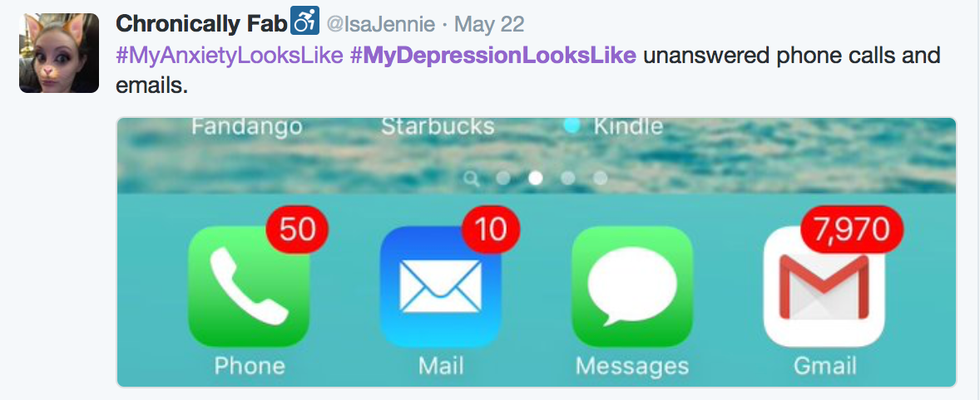What’s the first thing you think when you hear the word depression? For many, images of people crying, people being physically incapable of getting out of bed, and people being constantly upset come to mind. While that’s certainly one aspect of depression, people often overlook those who highly function while battling depression.
Let me explain. In high school, I was social, was an AP/Honors student, was consistently on the honor roll, and was heavily involved in clubs and band. When I first decided to receive psychological help, it wasn’t until my first year of college. When I met with my psychiatrist, she seemed confused as to why I was there. After I explained my past, my grades, and my social life, she explained that though I clearly had high levels of anxiety and severe depression, I had done a great job functioning without help.
It was that day that I realized that the mask I had put on for years was at the least, successful. For what it was worth, I had succeeded in living a seemingly perfect life and was successful in my life given my condition. I left realizing that I could continue to get by the façade of being the “perfect teenager”- the one who was always positive, had amazing grades, and never got in trouble. Of course, this was the easy option, but I went with the harder option- the one where I fought the battle head on and with full force.
When I began to tell my story to my friends and family, all of the reactions were similar. I was faced with “I had no idea.” “Are you sure college isn’t getting to you?” or “I never would have expected this from you.” These reactions made me feel like a failure, but mental illness was a battle I couldn’t help but to fight and one I refused to fight alone.
Unfortunately, for many other highly functioning people fighting depression and various other mental illnesses, the way that they cope is through seeming okay. They strive to live in accordance to social norms, hoping to go under the radar. While this is a coping mechanism, it isolates those people and makes them fight their battles alone or not at all. If these problems go untreated, this could be problematic down the road.
We as a society stereotype mental illness. Though no two people fight the same battle, people constantly are continually grouped together. Let me ask you the same question. What comes to mind when you hear the word depression? As a society, we see the people who are struggling to live day to day, we see the people who have a hard time functioning and we see the people who isolate themselves.
We don’t see the AP students, we don’t see the Presidents of clubs, we don’t see the Honor Roll student, and we don’t see the person that is constantly surrounded by friends. Mental illness affects all types of people but often we still have narrow minds and only see the stereotypes we have placed on the word depression. If we continually allow this perception of depression to fill our minds, we will continue to shut out the people who don’t fit our perceptions; we will leave a vast majority of people struggling with mental illness untreated.
In honor of Mental Health Awareness Month, people on Twitter developed the hashtag #mydepressionlookslike to show that their battles are different.
Unless you know me extremely well, my depression isn’t “obvious”. I function on a daily basis, even on my worst days. I meet my obligations and still hang out with my friends. While my outside appearance may not show the warning signs of depression, my inner battle is still consistent. It doesn’t make my battle lesser than anyone else’s and it certainly doesn’t make it any easier just because I seem okay. Do not ever assume that because someone seems okay that they truly are. Those who are highly functioning while battling depression are sometimes the hardest to notice because most of the time there aren’t external warning signs that something is wrong.
Mental illness comes in all shapes and sizes. When we as a society acknowledge and respect that, those who are highly functioning will be able to get the help that they need because they will realize it’s okay to stop pretending like everything is okay.





























